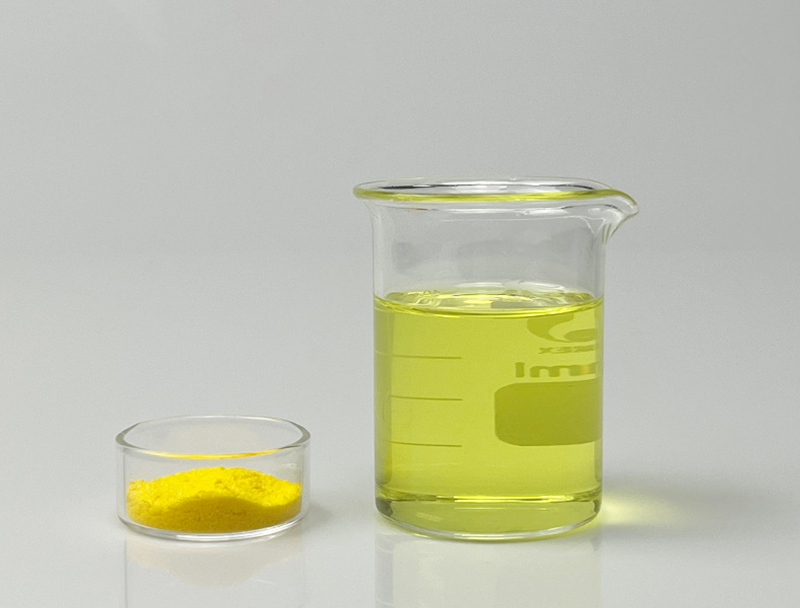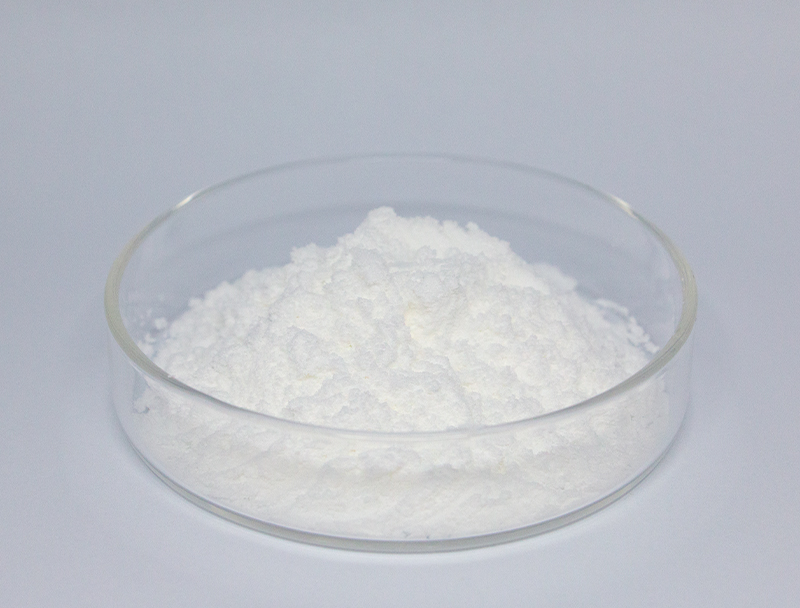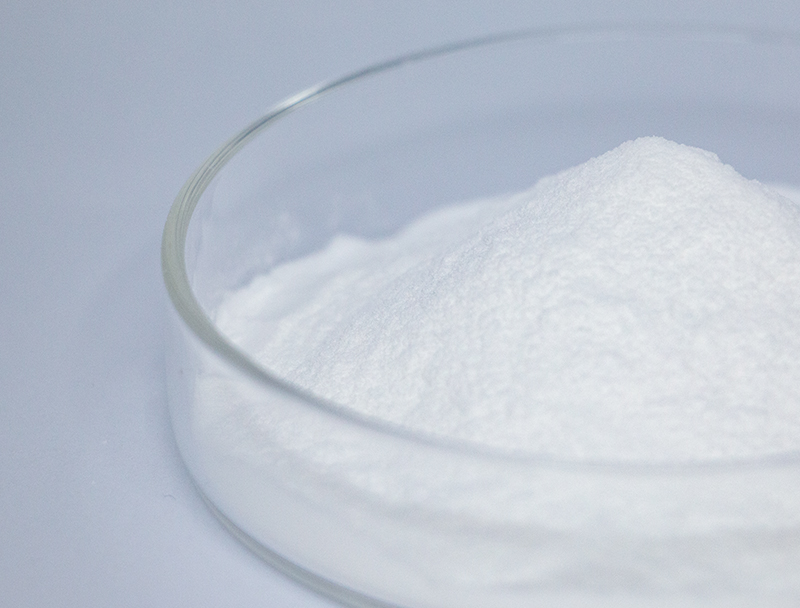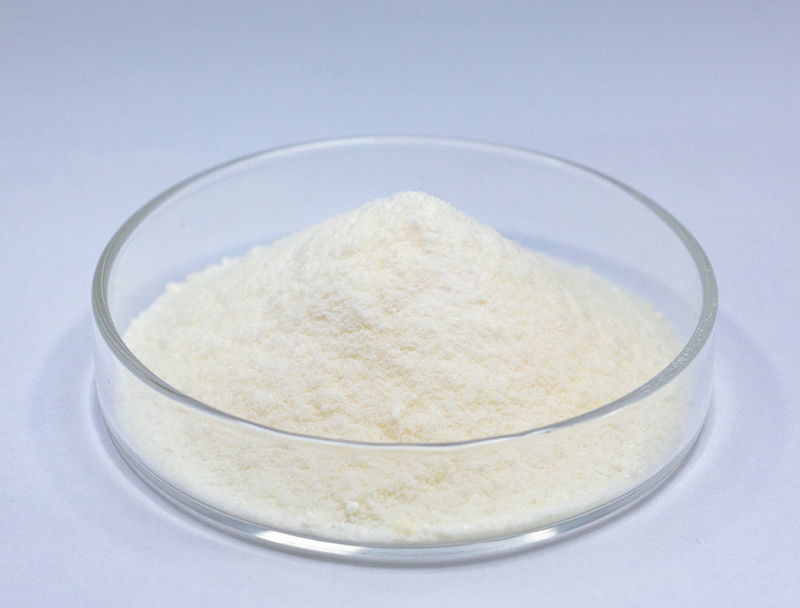contract supply regulatory ingredients custom aminolevulinic acid

Biotech manufacturing draws predominantly from a comprehensive selection of feedstocks to create novel bio-derived items.
Preserving long-term supply of raw inputs is indispensable to sustainable success and conscientious scaling.
many concerns related to standard raw input procurement for example habitat harm and overextraction of resources. Accordingly, manufacturers should embrace green sourcing tactics to shrink their ecological impacts.
- Cases of responsible feedstock strategies feature:
- Applying circular feedstocks from post-harvest streams
- Applying zero-waste frameworks to limit waste and optimize resource use
- Partnering with local suppliers committed to ethical sourcing practices
Adopting sustainable feedstock strategies yields environmental wins alongside fiscal sustainability.
Improving Biomass Inputs to Boost Biofuel Yields
Maximizing the efficiency of biofuel production relies heavily on the quality and composition of biomass feedstocks. Research teams persist in studying techniques to boost feedstock performance, creating higher productivity and an eco-friendlier fuel landscape. Efforts pair genetic enhancement for feedstock abundance with advanced pretreatment to produce usable sugars.
- Concurrently, efforts examine seaweed, industrial byproducts, and crop residues to increase the variety of renewable feedstock alternatives for fuel production.
- With persistent development the field will likely demonstrate notable gains that foster a more sustainable energy system.

Optimizing Early-Stage Biomanufacturing Processes
represents the initial stages of biopharmaceutical manufacturing, encompassing all steps from cell culture and cell harvesting Contemporary breakthroughs have refined protocols and elevated product throughput.
Significant developments incorporate advanced biological platforms, tailored medium blends, and precision reactor engineering. These refinements escalate production and lower expenses and environmental strain.
- Likewise, the move to continuous systems facilitates better adaptability and streamlined upstream production.
- The adoption of higher-tech manufacturing practices will likely disrupt traditional models and speed therapeutic launches.

CRISPR and Beyond: Improving Biopharma Production
progresses in gene editing technologies, such as CRISPR-Cas9, have revolutionized the production of biopharmaceuticals. Using precise gene interventions, engineers raise the output of key therapeutic proteins. Such strategies offer promise to create cost-effective, high-efficiency therapeutics across many disease areas.
Using Microbial Systems for Site-Specific Remediation
forward-looking microbial interventions for environmentally friendly decontamination. Various microbial strains are capable of breaking down toxins into safer constituents.. Harnessing microbe-based degradation fosters cleanup tactics that minimize environmental disruption and residual waste.. Study groups probe microbial metabolic diversity to tackle metals, persistent pesticides, and hydrocarbon spills.. Such organisms are usable in treatment systems or applied directly to soils and waters to drive biodegradation of contaminants..
Microbial remediation approaches present key benefits relative to classic remediation methods. These methods are economical and eco-conscious while reducing hazardous secondary waste. In addition, microbial approaches enable pollutant-specific treatment without broad ecological disruption. The field of microbial biotechnology continues to advance rapidly, with ongoing research focused on improving the efficiency and effectiveness of bioremediation strategies.
Bioinformatics' Impact on Drug Design
Digital bioinformatics methods are central to evolving therapeutic discovery processes. From target selection to safety profiling, bioinformatics empowers rapid, data-informed therapeutic design.
- Via examination of genomic, proteomic, and clinical datasets, researchers pinpoint targets and project drug activity.
- Also, in silico modeling of molecular interactions accelerates optimization toward more selective therapeutics.
- Finally, bioinformatics is revolutionizing the drug discovery and development process, accelerating the time to bring safe and effective treatments to patients in need.
Fine-Tuning Metabolism to Maximize Bioproduct Synthesis
implements many strategies to improve microbial output of desired bioproducts. Tactics can encompass genetic engineering to reconfigure metabolism, promoter modulation to adjust expression, and pathway insertion to enable new reactions.. Via targeted metabolic optimization researchers can meaningfully escalate production of desired biochemicals.
This combined approach has capacity to change industries from drug manufacture to food production and bioenergy.

From Lab to Plant: Challenges and Opportunities in Biomanufacturing Scale-Up
Commercializing biopharma production involves significant constraints and promising benefits. Retaining quality standards during scale enlargement is a core difficulty. Managing it necessitates robust automation, high-fidelity monitoring, and powerful analytical capabilities.

A further difficulty lies in process complexity, with many interdependent production phases.. Translating lab methods into scalable operations needs heavy research and technology breakthroughs.. However, the potential rewards are substantial. Proper scaling can increase therapy supply, reduce expenses, and elevate profitability.
Several projects are designed to mitigate these scaling barriers. These include the development of new technologies for process optimization, advanced analytics for real-time monitoring and control, and innovative manufacturing strategies.
- Research and development activities are central to evolving manufacturing capacity.
- Regulators are reforming approval systems to facilitate adoption of advanced manufacturing and nurture innovation.
Navigating the Regulatory Landscape for Biopharmaceuticals: Ensuring Safety and Efficacy
Advancing biopharmaceuticals involves heavy regulatory scrutiny to secure product safety and proven efficacy. Biologically based treatments require tailored oversight and production controls beyond those for typical medicines.
Agencies such as the FDA in the United States and the EMA in Europe play a crucial role in establishing guidelines and standards for the approval of these innovative therapies..
Thorough testing frameworks are compulsory during all stages of development including after market release.. Such safeguards are intended to detect hazards and ensure GABA therapeutics adhere to top-tier safety benchmarks..
Similarly, regulators iteratively adjust approaches to accommodate emerging biopharmaceutical breakthroughs.. Actions include accepting new technologies and streamlining development channels while safeguarding patient health.

Plant-Based Biomass Options for Bioplastic Manufacturing
The expanding market for green materials prompts increased R&D into bio-based solutions. Bioplastics derived from plant biomass provide a viable route to more sustainable plastic alternatives. Feedstocks including cornstarch, plant cellulose, and sugarcane derivatives yield biodegradable plastics which break down and mitigate plastic pollution.
Also, many renewable bioplastics exhibit comparable mechanical and functional traits to conventional plastics across applications.. Persistent innovation will be key to advancing plant biomass into mainstream bioplastic manufacturing for a circular future.
Emerging Biotech Solutions for Health and Food Security
Emerging biotechnologies deliver avenues to improve health outcomes and secure food resources. Using genome engineering, synthetic biology techniques, and cell-based treatments, innovators devise ways to tackle pathogens, amplify yields, and improve nutrition.. For example, engineered crops with pest resistance and stress tolerance can increase yields while lowering pesticide use.. Furthermore, biotechnology supports creation of vaccines, therapeutic agents, and advanced diagnostics that strengthen responses to infectious threats and enhance health outcomes.. With ongoing research, biotech is positioned to enable broad improvements in health and food security that serve global populations.
